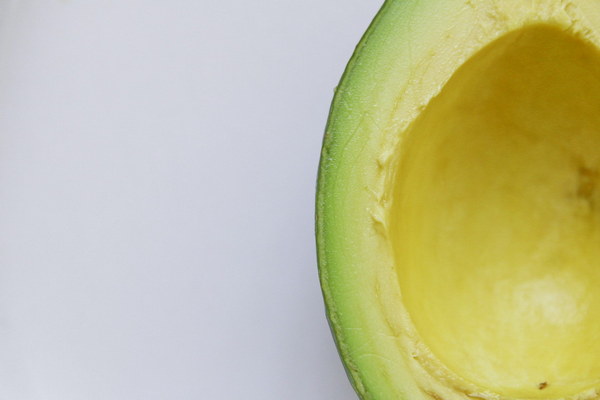The Surprising Truth Gaining Weight After Exercise - Is It a Myth or Reality
Introduction:
When it comes to fitness and exercise, most people expect to see weight loss as a result of their efforts. However, for some, the scale may show an increase in weight after hitting the gym or the trails. This can be a frustrating and bewildering experience, leading to questions about the effectiveness of their workouts. In this article, we will explore the reasons behind this phenomenon, separating fact from fiction, and shed light on the truth behind gaining weight after exercise.
1. Muscle vs. Fat:
One of the primary reasons for gaining weight after exercise is the difference between muscle and fat. Muscle is denser than fat, meaning it takes up less space in the body. When you start working out, you may gain muscle mass, which can make you appear heavier on the scale. This is not a bad thing; in fact, it's a sign that your body is adapting to the increased physical activity.
2. Water Retention:
Exercise, especially strength training, can cause a temporary increase in water retention. This occurs as the body stores more water in the muscles to support them during intense workouts. This increase in water weight is usually short-lived and will subside as your body adjusts to the new level of physical activity.
3. Increased Appetite:

Exercise can boost your appetite, leading to a higher caloric intake. If you're not careful with your diet, you may end up consuming more calories than you burn during your workouts. This can result in weight gain or a failure to lose weight, despite your efforts. It's essential to maintain a balanced diet and consume the right amount of calories to support your fitness goals.
4. Post-Workout Snacking:
Many people make the mistake of rewarding themselves with unhealthy snacks after a workout. While it's important to refuel your body with nutritious foods, indulging in high-calorie, high-fat snacks can negate the benefits of your workout. Opt for a balanced post-workout meal or snack that includes protein, carbohydrates, and healthy fats to aid muscle recovery.
5. Scale Accuracy:
The scale is not always the best indicator of weight loss or gain. It doesn't differentiate between fat, muscle, or water weight. Instead, consider other factors such as how you feel, your energy levels, and the way your clothes fit to gauge your progress. Additionally, try using a body composition scale or taking measurements to get a more accurate picture of your fitness journey.
6. Patience and Consistency:
Remember that weight loss and muscle gain take time. It's essential to be patient and consistent with your exercise routine and diet. Gaining weight after exercise is often a temporary phase that will pass as your body adapts to the new demands placed upon it.
Conclusion:
Gaining weight after exercise can be a confusing and frustrating experience, but it's usually a temporary phase. Understanding the reasons behind this phenomenon, such as muscle gain, water retention, and increased appetite, can help you make the necessary adjustments to your exercise and diet routine. By focusing on long-term progress and maintaining a balanced approach, you'll be well on your way to achieving your fitness goals.









